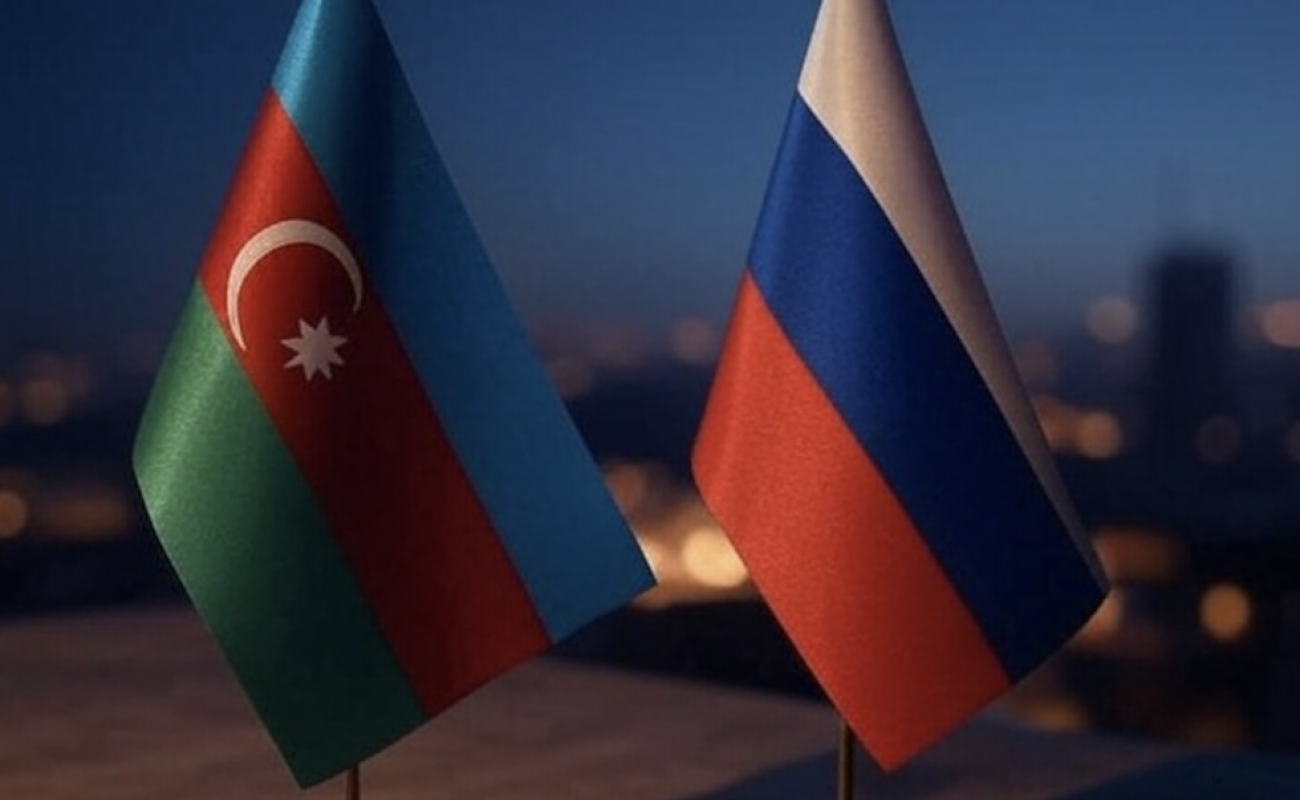Spat between Azerbaijan and Russia Ushers in a Multi-Aligned South Caucasus

Azerbaijan and Russia might not be heading toward conflict, but geopolitical divergences between the two are expected to grow further.
Throughout July, a number of Russian nationals working and living in Baku were subject to searches by government security agencies. Arrests followed, and bilateral relations between Russia and Azerbaijan soured. But it all began in late 2024 when an Azerbaijani jet was shot down in Russian airspace. Azerbaijan demanded an official apology, which, Baku argued, was not offered in a sufficient form or scope. Then, in July of this year, Russian police in Yekaterinburg arrested dozens of ethnic Azerbaijanis as part of a reopened homicide case dating back two decades. Two died as a result, leading to Baku's response in July.
The operation of Russia-affiliated institutions and media is expected to be further constrained, especially with new legislation passed in July when the Milli Majlis of Azerbaijan adopted a package of amendments strengthening control over non-governmental organizations (NGOs). The new norms involve stricter fines for receiving foreign capital without official registration. These amendments will cover all foreign NGOs, but in the context of the evolving bilateral tensions between Baku and Moscow, it is clear that the remaining Russia-funded organizations will see their work in Azerbaijan come under intense scrutiny.
By the end of July, the situation had somewhat stabilized, and there were hints in the media that Baku and Moscow were talking to each other, which might be the reason behind the decrease in tensions.
Indeed, neither side is really interested in keeping tensions high. Since the early 1990s, Russia and Azerbaijan have maintained a working partnership grounded in pragmatism. Moscow accepted Baku’s relative foreign policy independence so long as it did not challenge Russian interests directly. Azerbaijan, in turn, had to take into account Russia’s interests given the latter’s military alliance with Armenia.
This balance is now unraveling, and the recent tensions between the two countries are a manifestation of a much deeper strategic realignment in the South Caucasus and, more specifically, of Russia's changing influence in the region. More concretely, South Caucasus countries tend to become more multi-vectoral in their foreign policy, and Azerbaijan is a good example of this solidifying trend.
Indeed, Azerbaijan’s 2020 victory in the Second Nagorno-Karabakh War—secured largely through military cooperation with Turkey and Israel—marked a major shift in the geopolitical trajectory of the South Caucasus country. With a September 2023 assault on Nagorno-Karabakh, Baku fully reclaimed the territories, which later led to the Russian peacekeepers’ withdrawal from the region. Ever since, Azerbaijan has pursued a more diversified foreign policy by expanding military, intelligence, and trade cooperation with Pakistan, Israel, and even the US. The U.S. has even offered to include Azerbaijan in the Abraham Accords, the initiative led by US President Donald Trump to bridge differences between Israel and the Islamic world.
Baku’s ties with Ukraine have also become more active. Furthermore, Azerbaijan’s growing relationship with the EU over energy diversification—especially amid Europe’s effort to replace Russian gas—has increased the country's geopolitical relevance. To this should be added Baku’s traditionally expanding allied ties with Turkey and recently improved relations with Iran. The latter, despite Israeli and U.S. airstrikes, still remains a power to be reckoned with.
Azerbaijan’s multi-alignment offers a necessary strategic cushion against pressure from Moscow. The shift toward an agile foreign policy is likely to persist and is therefore a longer-term development, given Russia’s preoccupation with Ukraine and the emergence of new and powerful players in the South Caucasus.
To be sure, Russia still retains multiple geopolitical levers to change Azerbaijan’s behavior. Moscow can opt for economic measures such as closing the Sadovod and Food City markets (both controlled by ethnic Azerbaijanis) in Moscow and blocking money transfers by Azerbaijani migrants. A more extreme measure might be shifting the operation of the INSTC from Azerbaijan altogether to another location, such as Central Asia or further westward to Georgia, which has served as a link to Armenia.
The Russia-Azerbaijan tensions are not merely a political disagreement but rather represent the rupture of a post-Soviet geopolitical order in the South Caucasus. For Azerbaijan, tensions with Moscow are a price it pays for pursuing a more autonomous foreign policy, while for Russia, it is an indication of its somewhat constrained power projection. Both will remain highly transactional in their relations. Though geography will often pull the two closer, it is also evident that Moscow’s position in the region is undergoing dramatic shifts. Russia is repositioning itself, and its level of influence is different from what it was prior to the 2022 invasion of Ukraine.
